New York, April 11 (V7N) – The Trump administration’s hardline approach to pro-Palestinian protests on U.S. university campuses seems to have reduced the frequency of marches, encampments, and violent confrontations that were seen a year ago.
Experts suggest that President Donald Trump’s actions, alongside pressure from Congress, led university leaders to take stronger measures to stop protests and warn students to be careful with their activism. In addition, the Trump administration’s push to deport or expel international students accused of supporting Hamas has further cooled campus protests.
Some activist groups have urged international students to distance themselves from movements that may be targeted by the administration. Free-speech experts are concerned about the long-term effects of stifling student protests.
“There’s just as much reason to protest, but there isn’t as much room to protest,” said Professor Robert Cohen from New York University. “If you're a foreign student or someone on a green card, you’re going to be very afraid to participate in this movement.”
Student protests have historically played a key role in driving social change, including ending the Vietnam War, passing civil rights laws, and pushing universities to divest from apartheid-era South Africa. Protest is a right protected by the U.S. Constitution’s First Amendment.
However, the Trump administration has argued that some pro-Palestinian protesters on campuses last year harassed Jewish students and failed to address antisemitism. As a result, the administration has cut federal funding for universities that it claims have not adequately protected Jewish students.
On April 9, the administration announced that it would monitor the social media accounts of international students to determine if they are supporting or promoting antisemitic terrorism or related activities.
“There is no room in the United States for the rest of the world's terrorist sympathizers, and we are under no obligation to admit them or let them stay here,” said Tricia McLaughlin, a spokeswoman for the Department of Homeland Security.
One notable case involves Mahmoud Khalil, a leader of student protests at Columbia University. In March, Khalil was detained by ICE agents who claimed his green card had been revoked. His detention sparked some protests on campus, though the university has not strongly supported him.
In an open letter, Khalil’s wife, Noor Abdalla, condemned the authorities for trying to suppress those speaking out against "the atrocities happening in Palestine.” She vowed that they would not be silenced.
END/WD/SMA/




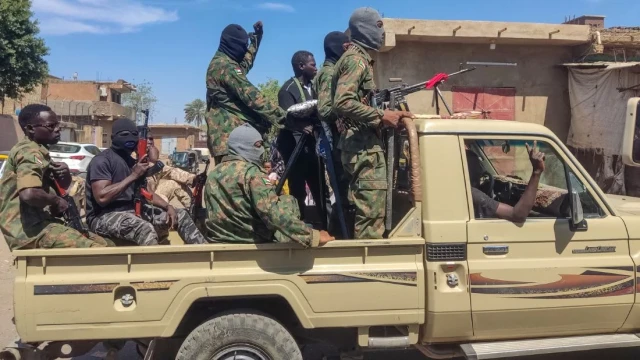
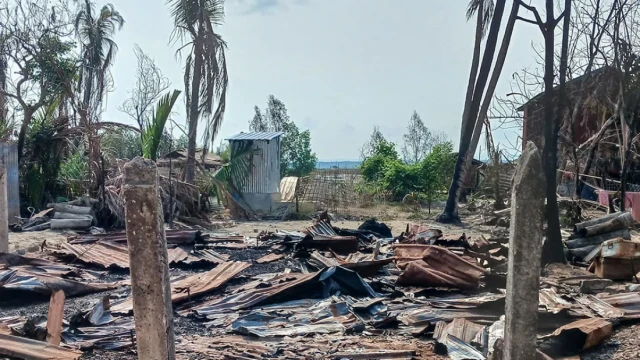
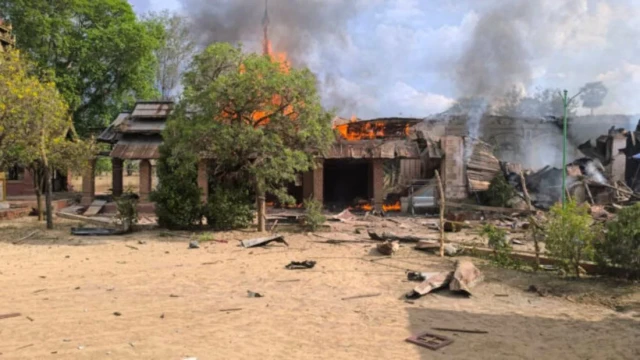
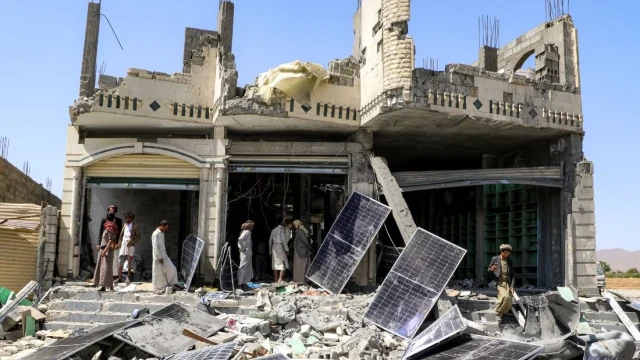
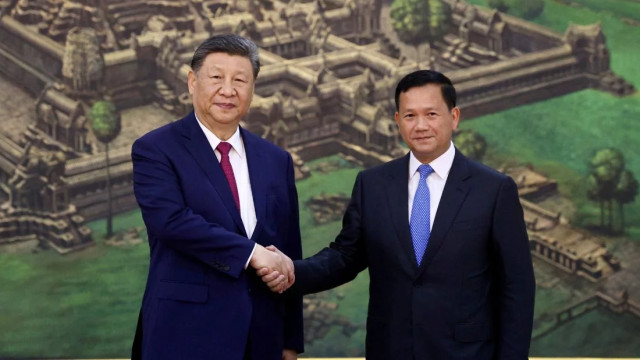
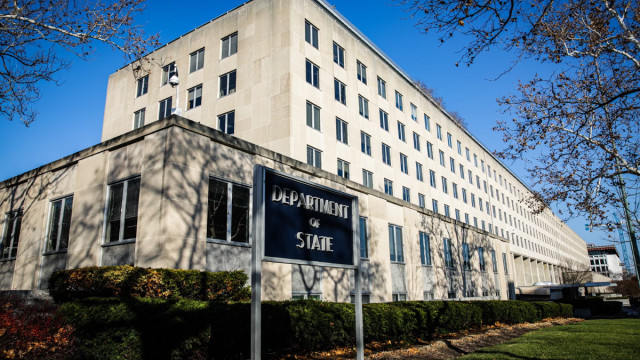
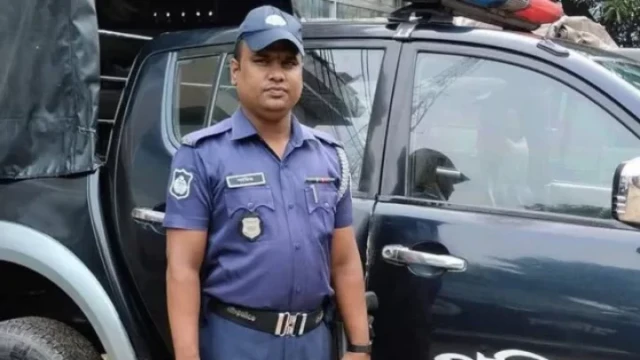
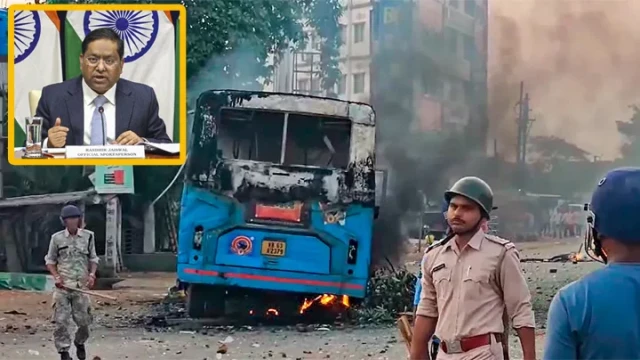
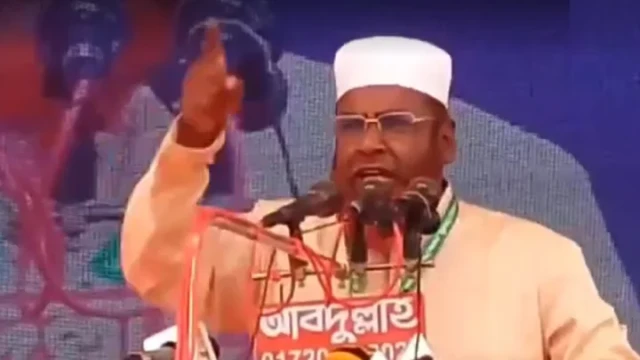
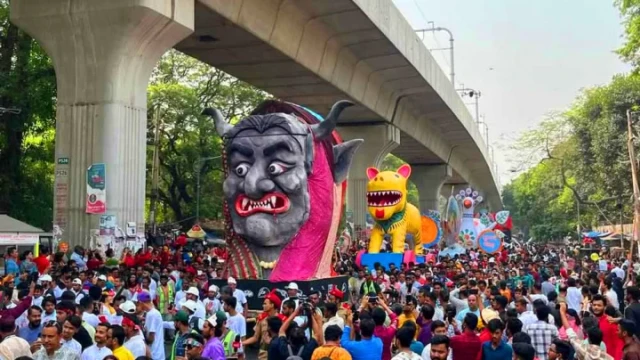
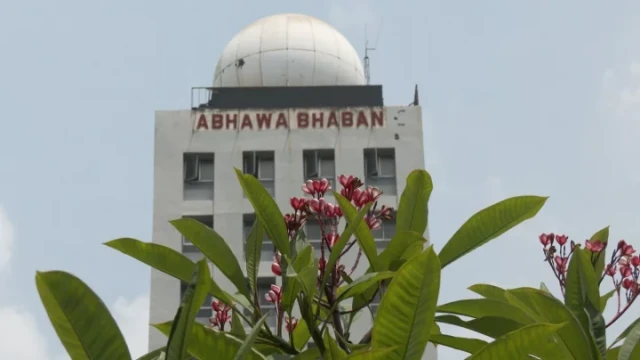
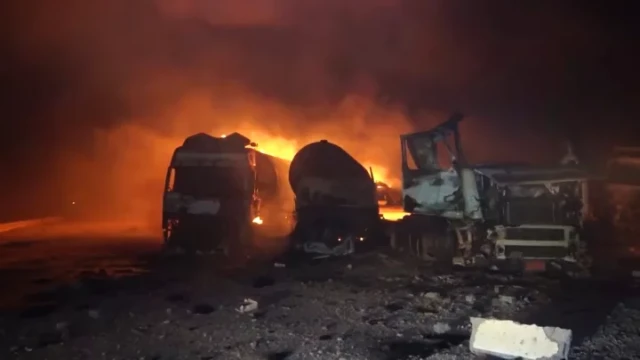
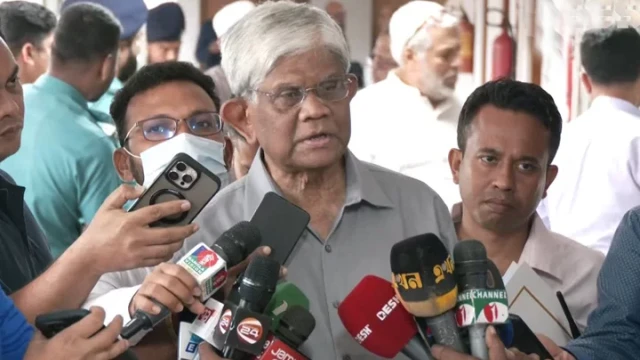
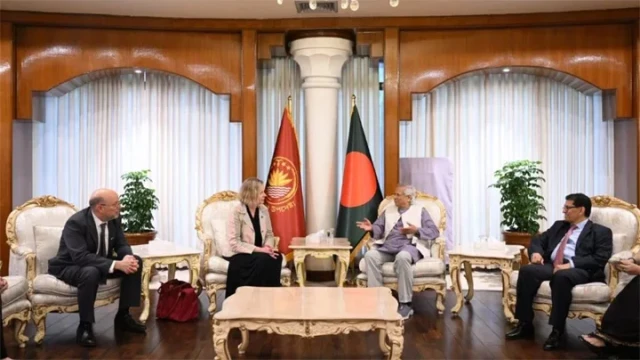

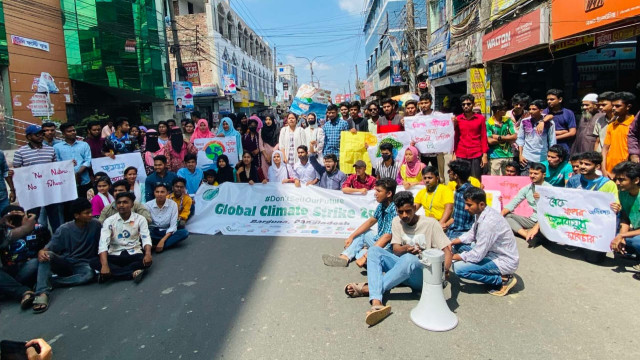
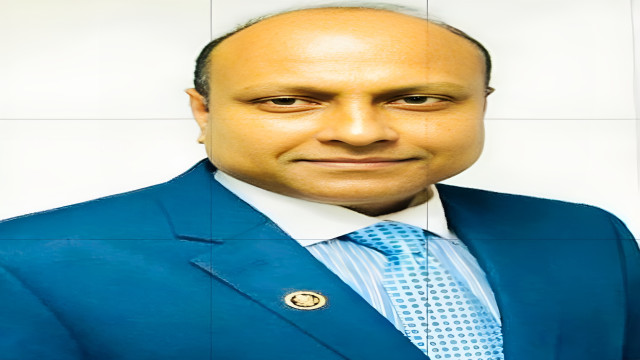


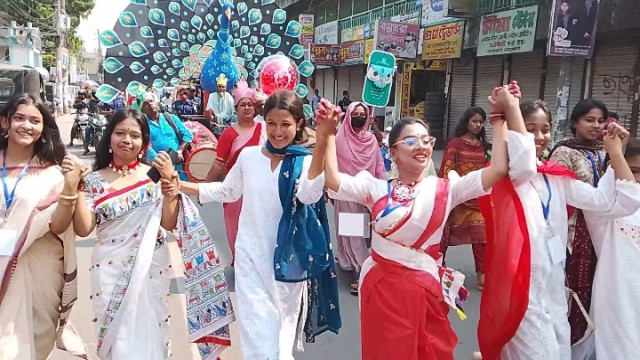

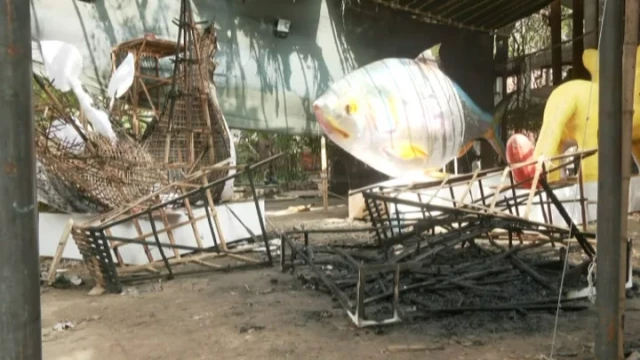

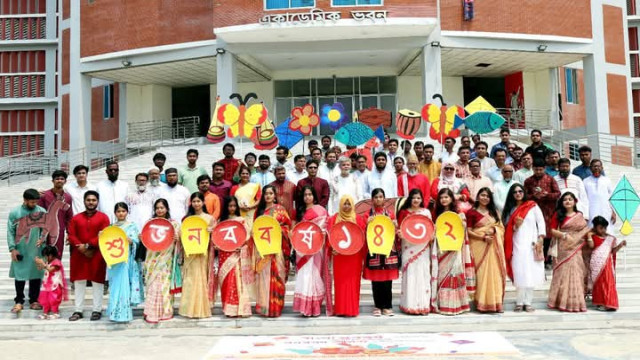

Comment: